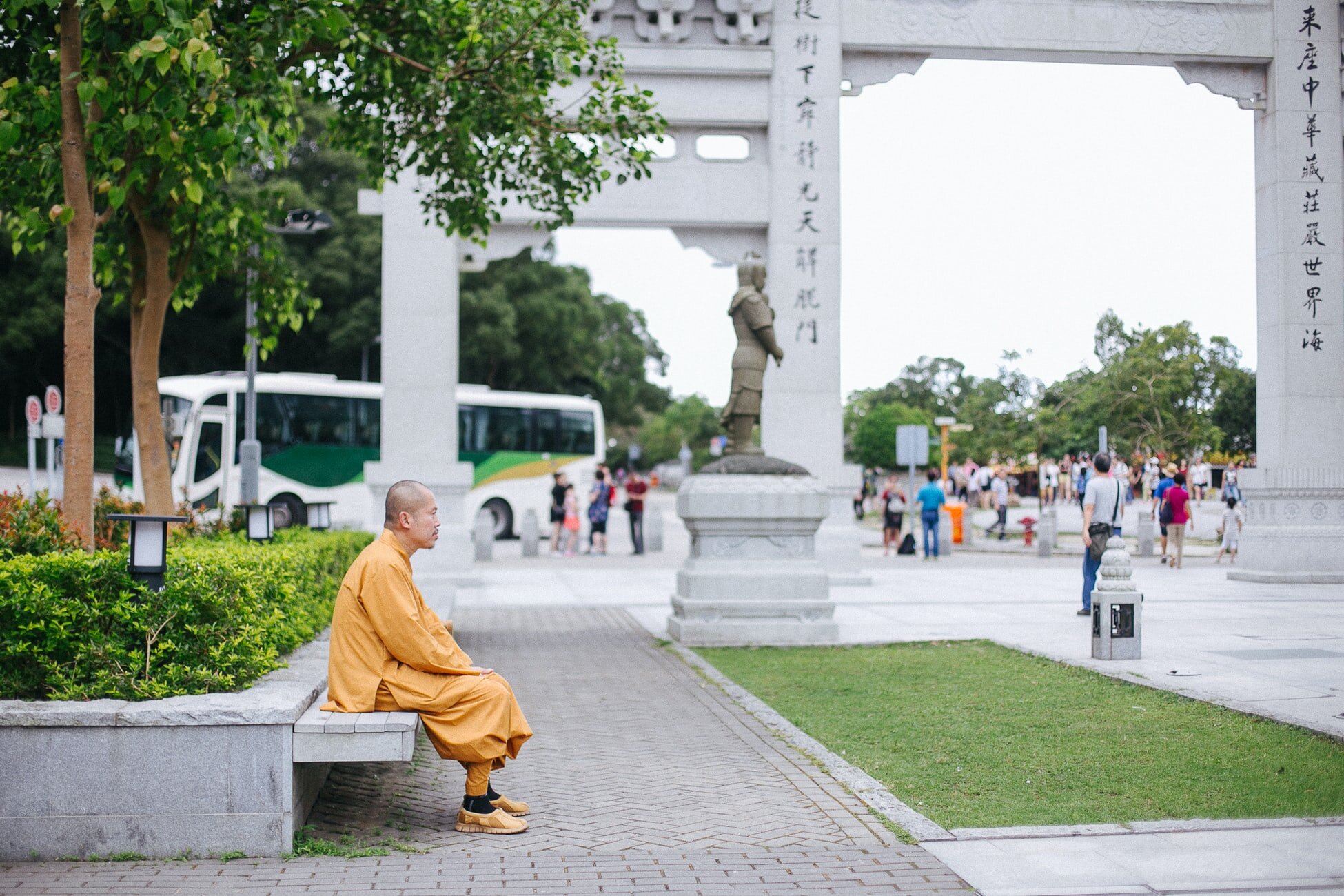Travelling Can Become A Tool For Moral Values
/Travel lovers describe the experience as an enriching and explorative event. When you embark on a trip, you open your mind to new horizons. There is so much to see, taste, and hear around the world that it’s hard to understand why so many people choose to remain in their hometown forever, like experiencing the awe-inspiring Katla ice cave tour in Iceland, which offers a glimpse into a spectacular natural wonder.
Travelling doesn’t just get you out of your day-to-day routine. It exposes you to other routines, other ways of doing what you do. And that’s precisely why the experience is a unique mind-opening journey.
Millions of realities co-exist peacefully in the world. In some countries, a sweet wheat and meat concoction is the perfect breakfast – Iranian Halim. For others, sweet pastries such as croissants, or black pudding sausages, make a yummy breakfast.
As you absorb these new realities, your perception of the world becomes more textured and nuanced. The differences make your routine more exciting or encourage you to transform it.
Travel expands your horizons, and it adds a creative twist to everything you do. However, what not everybody realises is that travelling can also be an educational tool to bring positive moral values to your kids. Moral values will teach your kid the difference between right and wrong. More often than not, children tend to learn by example. They do what you do, rather than following what you say.
In other words, it is your role as a parent to demonstrate the values you want your children to live by. Being a good role model starts by paying attention to your behaviours.
When you speak with others in front of your child, demonstrating respect and kindness, for instance, will provide a long-lasting lesson. But where does travel come into play? Exploring new destinations and cultures can become a tool to enhance your moral-teaching lessons and bring them to a new level.
Credit: Unsplash.
Pick a safe location to explore
There’s no secret. Children can instinctively pick up on feelings you are not aware of showing. If you visit a place that makes you feel uncomfortable or anxious, your child will likely notice and follow your lead. Therefore, if you’re going to make travel a teaching tool for moral values, you should opt for destinations that are safe to explore.
European destinations are popular. But if you want something a little more “exotic”, you should aim for a place such as Singapore in Southeast Asia. The island country is one of the safest locations on Earth, with a very low crime rate. To give you an idea of how safe it is, some shops in the city don’t even have doors and use a rope to indicate when the shop is closed.
Ideally, you’d want to stay in the centre, such as a hdb rental in Singapore, which would be the equivalent of a luxury housing flat. HDBs are convenient, self-contained, and comfortably equipped. More often than not, they have a glorious view of the city!
Exploring what it means to help each other
Visiting a new country means putting some of the values you’re teaching your kids to the test. Being kind and helpful to other people is a lot easier when you’re at home. But when you’re abroad, it can be stressful to maintain your values with a linguistic and cultural barrier. Southasian regions, however, offer a favourable terrain to improve the moral lessons.
Most cultures are inherently friendly and willing to help each other, regardless of the differences between them. You’ll find that locals in the Southasian region will happily help you out if you’re short of cash when buying a bus ticket or if you need directions. For children who want to demonstrate positive behaviours, they can learn by watching others help you even if they don’t speak the same language.
Different religions and beliefs, yet the same people
Being respectful of people of a different faith or culture is a no-brainer. However, it’s a natural process that happens instinctively when your faith or culture is the main one in the country. The sobering process of finding yourself to be in the minority when you visit other regions can help you appreciate the concept of tolerance and respect in depth.
For children, it is an eye-opening experience to be confronted with religious and cultural diversity abroad. The minority at home may be the majority abroad. The bottom line? You can teach your kids not to judge people on their differences.
Credit: Unsplash.
In Rome, do as the Romans do
What does it mean to be respectful when you’re travelling? In essence, respect means not offending others. Understanding what could cause offence when you are visiting a foreign country can be tricky. However, most locals understand that greeting or clothing customs don’t apply to tourists.
Wearing red in certain Asian regions is a political statement. But it’s not something locals would hold against you. Degrading cultural monuments and places is another matter.
By avoiding offensive pictures or insensitive displays in culturally meaningful places you can teach an important lesson to your children. It doesn’t matter whether you understand or not why a thing has a symbolic value to another individual. What matters is that you know that disrespecting it would hurt their feelings.
Tourists are guests, not kings
Tourists play a significant role in the economy of many countries. However, that doesn’t mean that they should wander around like they own the place. You will likely meet fellow holidaymakers who are rude to waiters or unnecessarily loud in restaurants or museums. Unfortunately, there are many imperfect tourists around! But you can seize the opportunity to show the right approach to your children.
Following the local rules, even if they don’t make sense to you, and addressing people politely are simple things you can do every day on holiday. But they signal essential values to your children. The lesson about respect is complex, but it revolves around the understanding that you can’t bend the rules to suit you.
What children learn abroad, they can apply just as easily when they visit friends and relatives. The art of being a polite guest is an important lesson in life!
In conclusion, if you’re planning a trip abroad this year – or later when it’s safe to travel again – remember that you can use the experience to demonstrate further moral values. Kindness, respect, compassion, and tolerance are values one can learn anywhere, and that includes on vacation too!
Disclosure: This is a collaborative post.



































